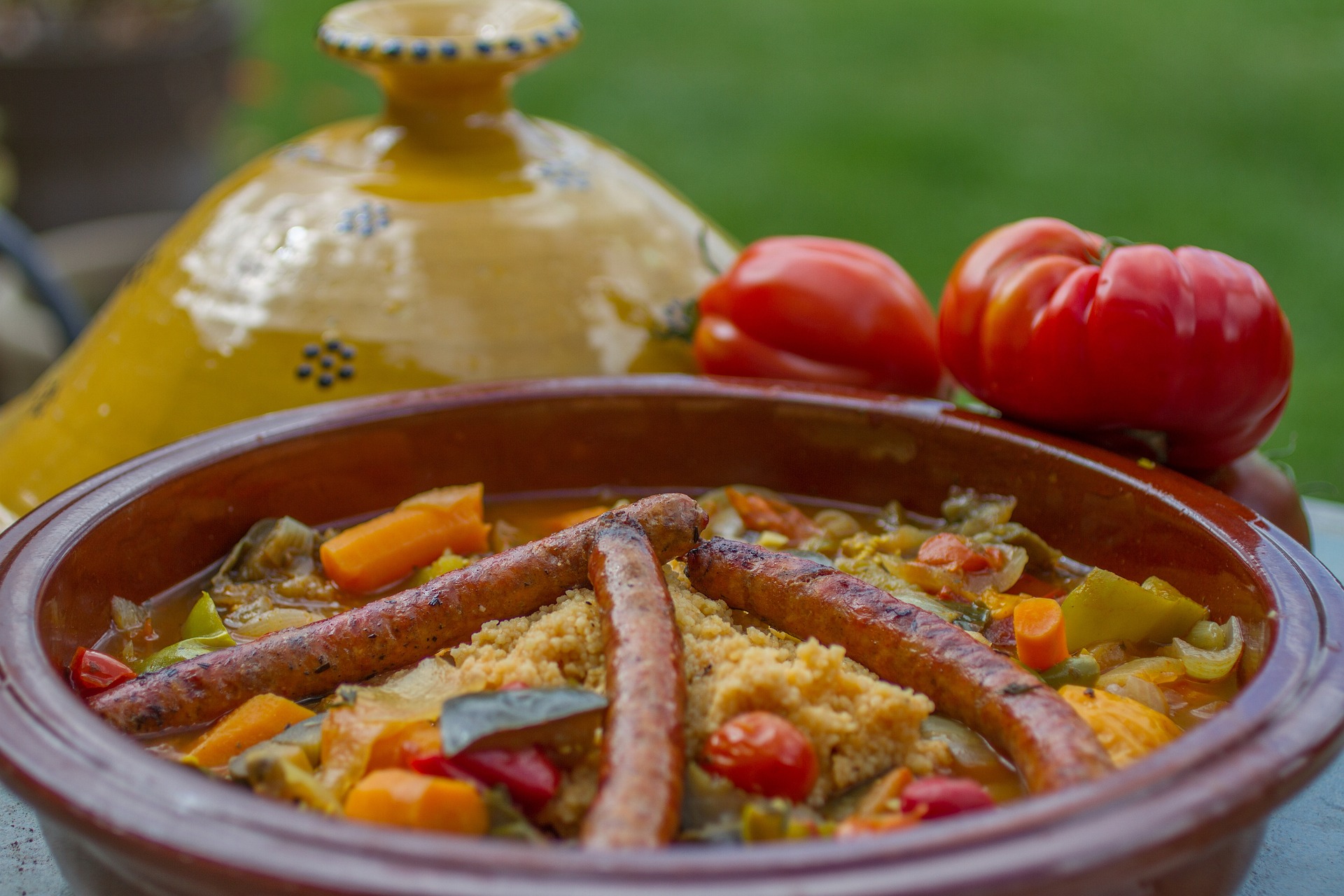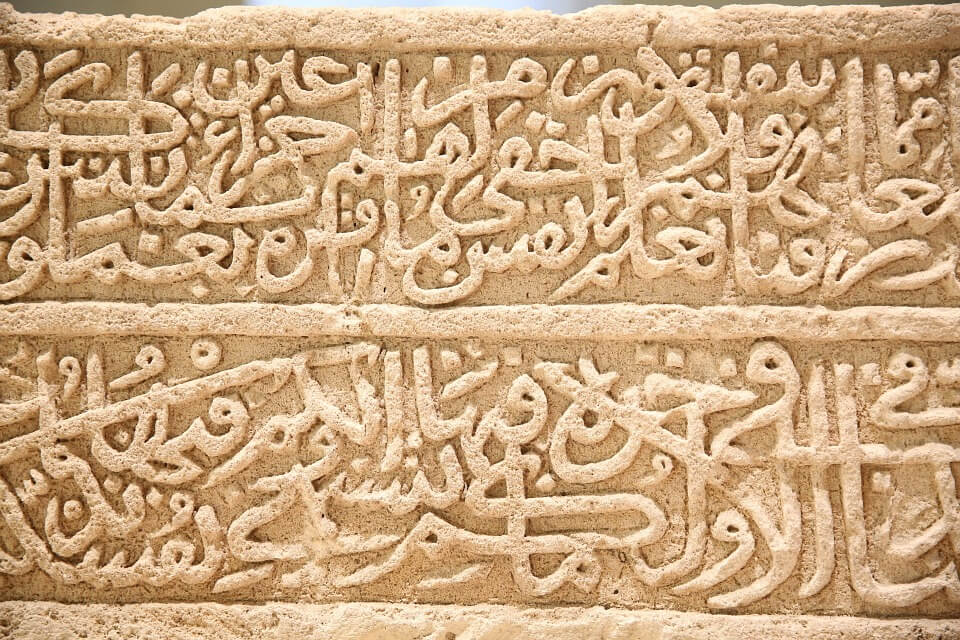Discovering the Beauty of Islamic Culture and Traditions
Islamic culture and tradition are an important part of the lives of millions of people around the world. From Morocco to Malaysia, Islamic culture is defined by a rich legacy of customs, beliefs, and traditions that have been passed down from generation to generation. In this blog post, we’ll explore the key aspects of Islamic culture and tradition, from religious practices to traditional religious practices, cuisine, architecture, calligraphy, clothes and art.
Religious Practices: The Heart of Islamic Culture and Tradition
At the heart of Islamic culture and tradition lies the religion of Islam itself. Muslims around the world are united by a common set of beliefs and practices, including the Five Pillars of Islam: the declaration of faith (shahada), prayer (salat), charity (zakat), fasting (sawm), and pilgrimage to Mecca (hajj). These practices serve as the cornerstone of Muslim life and help to define the rhythm and structure of daily life for millions of people.
One of the most important religious practices in Islam is prayer, which is performed five times a day. Muslims face Mecca when they pray, and they use specific prayers, movements, and gestures to focus their minds and bodies on the act of worship. The prayers are usually performed in a mosque, but they can also be performed anywhere, including at home or in the workplace.
Another key aspect of Islamic culture and tradition is the fast of Ramadan, which is observed by Muslims around the world. During this time, Muslims abstain from food, drink, and other physical needs from sunrise to sunset, as a way of demonstrating their devotion to Allah and developing self-discipline. The fast is seen as a way to purify the soul and deepen one’s connection with Allah.
Cuisine: A Delightful Expression of Islamic Culture and Tradition
Islamic cuisine is another important aspect of Islamic culture and tradition. From the sweet and savory flavors of North African cuisine to the rich and spicy dishes of South Asia, Islamic cuisine is defined by its diversity and deliciousness.
Islamic dietary laws are an important part of the cultural heritage of Islam, and they play a key role in shaping the cuisine of the Islamic world. For example, Muslims are forbidden from eating pork, and they must also follow strict rules regarding the slaughter and preparation of meat.

Family and Social Life: Strengthening Bonds and Building Community
Family and social life are also important parts of Islamic culture and tradition. Muslims around the world place a strong emphasis on family, and they value the bond between parents and children, as well as the relationships between brothers and sisters.
In many parts of the Islamic world, social life revolves around the mosque, which serves as a centre for community and religious life. Muslims gather for prayers, festivals, and other events, and a mosque is often a place for people to meet, socialize, and offer support to one another.
Marriage is also an important part of Islamic culture and tradition, and it is seen as a way to build strong family bonds and ensure the continuation of the Muslim community. Muslim marriages are often arranged by families, and they are based on mutual love, respect, and commitment.
Another important aspect of Islamic culture and tradition is the celebration of religious holidays. Eid al-Fitr, which marks the end of the month of Ramadan, and Eid al-Adha, which commemorates the willingness of the Prophet Ibrahim to sacrifice his son, are two of the most important holidays in the Islamic calendar. These holidays are celebrated with feasts, prayer, and social gatherings, and they provide an opportunity for people to come together and celebrate their cultural heritage.
To know more: the marriage in Islam
Islamic Education: Passing on the Legacy of Islamic Culture and Tradition
Islamic education is another key aspect of Islamic culture and tradition. From the earliest days of Islam, education has been seen as a way to deepen one’s understanding of the faith and preserve the cultural heritage of the Islamic world.
Islamic schools and universities have been a feature of the Islamic world for centuries, and they continue to play an important role in educating the next generation of Muslims. From teaching the Qur’an to offering courses in Islamic law, philosophy, and science, these institutions provide a rich and diverse education that prepares students for leadership roles in their communities.
Islamic Art and Architecture
Islamic art and architecture are two of the most prominent forms of artistic expression in the Islamic world, and they have been shaped by the cultural and religious influences of Islam. From the intricate designs of the Alhambra in Spain to the elaborate calligraphy of Arabic manuscripts, Islamic art and architecture are celebrated for their beauty and complexity.
Islamic calligraphy is one of the most distinctive forms of Islamic art, and it is often used to adorn the walls and domes of mosques, palaces, and other public buildings. Arabic calligraphy is considered an art form in its own right, and it is used to create beautiful poems, Quranic verses, and other texts.
Islamic architecture is also known for its intricate designs and geometric patterns. From the pointed arches and elaborate tile work of the Alhambra to the grand domes and minarets of the Sultan Ahmed Mosque in Istanbul, Islamic architecture is celebrated for its beauty and functionality.

Islamic Architecture
Islamic architecture is a style of architecture that is characterized by its use of geometric patterns, intricate calligraphy, and the use of domes and arches. Islamic architecture has its roots in the early days of Islam when the religion was first established in the Arabian Peninsula. Some of the most famous examples of Islamic architecture include the Alhambra in Spain, the Great Mosque of Cordoba, and the Dome of the Rock in Jerusalem.
Islamic architecture has played a major role in shaping the cultural and religious identity of the Islamic world, and it continues to inspire architects and designers today. From the grandeur of Islamic palaces and mosques to the beauty of Islamic gardens and fountains, Islamic architecture is celebrated for its beauty and elegance, and for its ability to evoke a sense of peace and serenity.
Islamic Calligraphy
An Islamic calligraphy is a form of art that has been practised for centuries in the Islamic world. This form of calligraphy is characterized by its use of script and intricate patterns, and it is used to decorate everything from buildings and mosques to books and manuscripts.
Islamic calligraphy is an important part of Islamic culture and tradition, and it has played a major role in shaping the religious and cultural identity of the Islamic world. Today, Islamic calligraphy is still widely practised, and it continues to inspire artists and designers around the world.

Islamic Science and Medicine
Islamic science and medicine have played a significant role in shaping the cultural and intellectual landscape of the Islamic world. During the Golden Age of Islam, which lasted from the 8th to the 13th centuries, Islamic scientists and scholars made important contributions to fields such as mathematics, astronomy, and medicine.
One of the most famous Islamic scientists was Al-Khwarizmi, who was born in Baghdad in the 9th century and is considered to be the father of algebra. Al-Khwarizmi’s work on algebra had a major impact on the development of mathematics, and his ideas continue to influence the field today.
Another important figure in the history of Islamic science and medicine was Avicenna, who was born in Persia in the 11th century. Avicenna was a polymath who made important contributions to fields such as medicine, philosophy, and mathematics, and his works were widely read and respected throughout the Islamic world.
Islamic science and medicine continue to play an important role in shaping the cultural and intellectual landscape of the Islamic world, and they are celebrated for their contributions to our understanding of the world and the advancement of knowledge.
Islamic Science and Philosophy
Islamic science and philosophy have made significant contributions to the fields of mathematics, astronomy, medicine, and philosophy. During the Golden Age of Islam, scholars like Al-Khwarizmi, Al-Razi, and Al-Farabi made groundbreaking contributions to these fields, and their work continues to be studied and celebrated today.
Islamic Science is also known for its contributions to the fields of mathematics, astronomy, and medicine. From Al-khwarizmi’s development of algebra to Al-Razi’s pioneering work in medicine, Islamic scientists made significant contributions to our understanding of the world around us.
Islamic philosophy, which has its roots in the works of thinkers like Al-Farabi and Ibn Rushd, has also made significant contributions to the fields of metaphysics, ethics, and political theory.
Islamic Festivals and Celebrations
Islamic festivals and celebrations are an important part of Islamic culture and tradition, and they are celebrated with great enthusiasm and joy throughout the Islamic world. Some of the most well-known Islamic festivals include Eid al-Fitr, which marks the end of Ramadan, and Eid al-Adha, which commemorates the story of Abraham and Ishmael.
Ramadan, which is a month of fasting, is one of the most significant events in the Islamic calendar. During Ramadan, Muslims abstain from food and drink from sunrise to sunset, and they spend time in prayer and reflection. At the end of the month, the fast is broken with a feast, known as Eid al-Fitr, which is celebrated with great joy and celebration.
Eid al-Adha is another important festival in the Islamic calendar, and it is celebrated to commemorate the story of Abraham and Ishmael. According to Islamic tradition, Abraham was willing to sacrifice his son Ishmael as a symbol of his devotion to God, and God provided him with a ram to sacrifice instead. Today, Muslims celebrate Eid al-Adha by sacrificing an animal, such as a sheep or a goat, and by sharing the meat with friends and family.
Islamic Clothing and Fashion
Islamic clothing and fashion are an important part of Islamic culture and tradition, and they are shaped by the cultural and religious influences of Islam. Muslim women are often expected to dress modestly, and traditional Islamic clothing includes the hijab, which is a headscarf that covers the head and neck, and the abaya, which is a long, flowing garment that covers the body.
In recent years, Islamic clothing and fashion have become more modern and stylish, and many designers are now creating fashionable and contemporary clothing that is suitable for Muslim women. From hijab-friendly fashion collections to modern and trendy abayas, Islamic clothing is becoming more accessible and fashionable, and it is being celebrated for its beauty and elegance.
Conclusion: The Rich Legacy of Islamic Culture and Tradition
Islamic culture and tradition is a rich and diverse legacy that has been passed down from generation to generation for over a thousand years. From religious practices to art, music, and education, Islamic culture and tradition is an important part of the lives of millions of people around the world. Whether it’s through the beauty of calligraphy or the rhythm of traditional drumming, Islamic culture and tradition continues to inspire and delight people around the world.
Book your free trial lesson
In addition to the free Arabic courses, we offer you to begin your journey to fluency in Arabic right now for free with a graduated Egyptian teacher.

